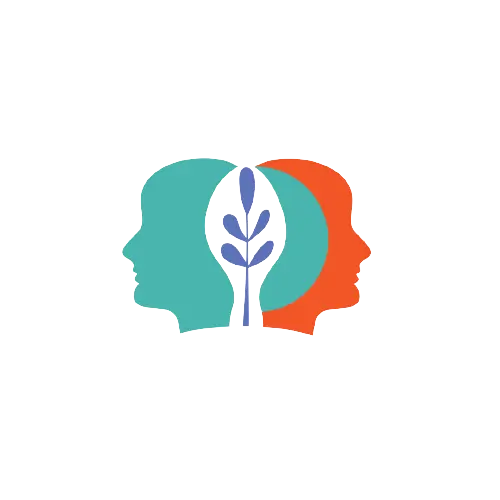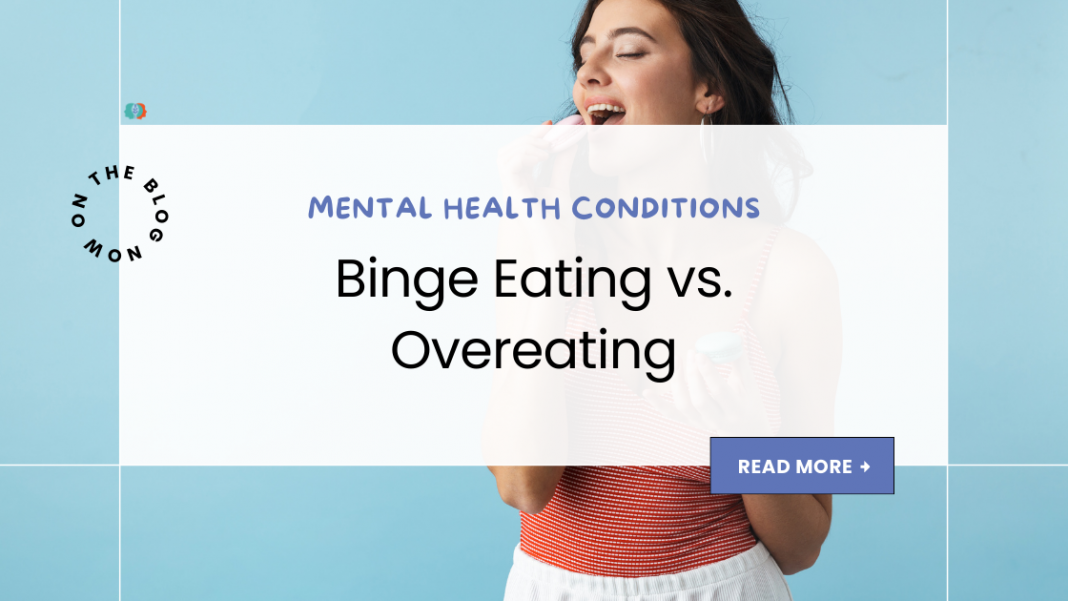Binge Eating Disorder (BED) is the most common eating disorder in the United States, characterized by recurrent episodes of eating large quantities of food, often quickly and to the point of discomfort. It’s accompanied by a feeling of a loss of control during the binge and experiencing shame, distress, or guilt afterwards. Understanding BED is crucial for recognizing its symptoms, exploring its causes, and identifying effective treatment and coping strategies.
Symptoms
Key symptoms of BED include:
- Recurrent Binge Eating Episodes: Consuming unusually large amounts of food in a specific time frame.
- Sense of Lack of Control: Feeling unable to stop eating or control what or how much is being eaten.
- Eating Beyond Fullness: Eating large amounts of food even when not physically hungry, often until uncomfortably full.
- Secrecy Surrounding Eating: Eating alone or in secret to hide the amount of food consumed.
- Feelings of Shame or Guilt: Marked distress regarding binge eating episodes.
Early recognition and intervention can significantly improve outcomes.
Causes
The causes of BED are multifaceted and include:
- Genetic Predisposition: Increased risk if a close family member has a history of eating disorders.
- Psychological Factors: Including depression, stress, or trauma.
- Sociocultural Influences: Body dissatisfaction influenced by cultural preferences for thinness.
- Dieting and Body Image Issues: History of significant dieting, poor body image, or weight fluctuations.
Diagnosis and Testing
Diagnosis of BED involves:
- Clinical Assessment: Discussions about eating habits, attitudes towards food, and emotional well-being.
- Physical Examination: To assess overall health and any complications related to weight or eating habits.
- Psychological Evaluation: To identify any underlying mental health disorders.
Treatment
Effective treatment for BED typically includes a combination of psychotherapy, medication, and lifestyle changes:
- Cognitive-Behavioral Therapy (CBT): To help understand and change eating habits and thought patterns.
- Medications: Such as antidepressants or anti-anxiety drugs that can help reduce binge eating episodes.
- Nutritional Counseling: To establish healthy eating patterns and relationship with food.
- Support Groups: Providing a space to share experiences and coping strategies.
Small Tips for Coping
Managing BED on a day-to-day basis involves:
- Mindful Eating Practices: Paying attention to hunger and fullness cues.
- Regular Meal Times: Eating structured, balanced meals to reduce the urge to binge.
- Stress Management: Engaging in activities that reduce stress, such as exercise, yoga, or meditation.
- Seeking Support: Finding a therapist or support group to discuss challenges and progress.



